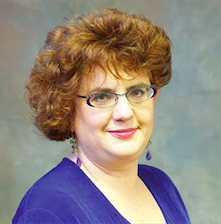Reporting in the Aftermath of Conflict: Insights and Lessons Learned
2950 Broadway
New York, NY, 10027, United States
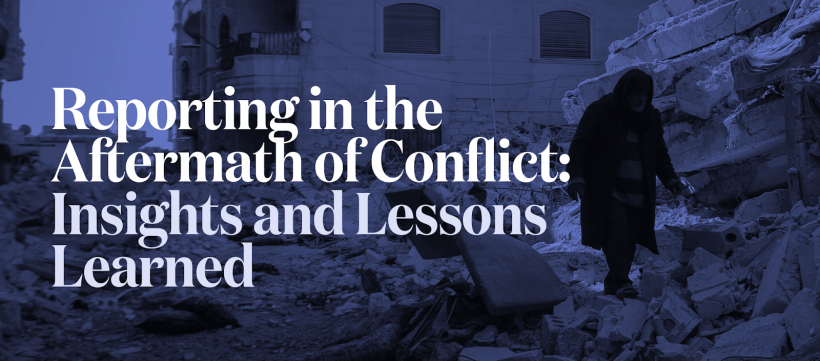
After the day-to-day reporting on war is over, new challenges and grave responsibilities emerge, from relaying the steps of postwar accountability and peace processes, to unveiling the realities of social trauma and recovery.
Please join us for a moderated panel on the complex landscape of post-conflict reporting,addressing critical issues faced by journalists in these circumstances where issues of reconciliation, rebuilding, and the enduring impact on communities require careful and ethical reporting.
The event is open to the public.
Columbia Global, the Columbia Journalism School and the American University of Beirut are committed to the safety and well-being of all event staff and attendees.
All guests must RSVP/pre-register before the event.
- Guests must check in with ID before entering event in the lobby.
- No walk-ins will be allowed the day of the event: if your name is not on the list, you will be denied entry.
Please be advised that these regulations are subject to change at any given point due to University and Journalism policies. For all settings, the University continues to strongly recommend that affiliates stay home if they feel unwell and isolate according to CDC guidelines if they test positive for COVID-19.
This discussion is co-sponsored by the Dart Center and Columbia Global Centers | Amman, in partnership with the American University of Beirut | Global Engagement Initiative. This event is the first of a four-part series called “After War: Learning from Past Conflicts” that will take place from February to June 2024 both in-person and online. Details to come.
Speakers:
Paige comes from the Center on International Cooperation at NYU, one of the leading think tanks on issues of global governance, where she was Deputy Director of the Center from 2017 to 2022. In addition to her executive responsibilities, she was the Director of the Peacebuilding and Prevention program. A recognized expert in the field of human rights-based approaches to prevention and peacebuilding, she has worked extensively with the United Nations at headquarters and field levels, as well as with civil society groups and governments in Europe and Africa.
Prior to CIC, Paige led a consultancy firm, which included work with the Ford Foundation, the Carter Center, and the US State Department. From 2006 to 2011, Paige was deputy director of research and deputy director of institutional development at the International Center for Transitional Justice, and she previously worked at the Carnegie Council for Ethics in International Affairs (2000 to 2006). Through these positions, she has published more than 50 articles and reports on human rights, transitional justice, and conflict prevention. Her work has also been referenced in Forbes, the Christian Science Monitor, Politico, and other media.
Paige is also the author and editor of 4 books, most recently, AI for Peace (Routledge, forthcoming 2024, co-authored with Branka Panic), which surveys the practical applications of AI for peacebuilding and conflict prevention, with a human rights and ethics lens. She has edited 2 books on transitional justice: Transitional Justice, International Assistance, and Civil Society: Missed Connections (Cambridge University Press, 2018, with Christalla Yakinthou) and Identities in Transition: Challenges for Transitional Justice in Divided Societies (Cambridge University Press, 2010). Finally, she is the author of Unfinished Projects: Decolonization and the Philosophy of Jean-Paul Sartre (Verso, 2010). She holds a PhD in contemporary European history, with a focus on decolonization, from the University of California–Berkeley, and a BA from The Johns Hopkins University.
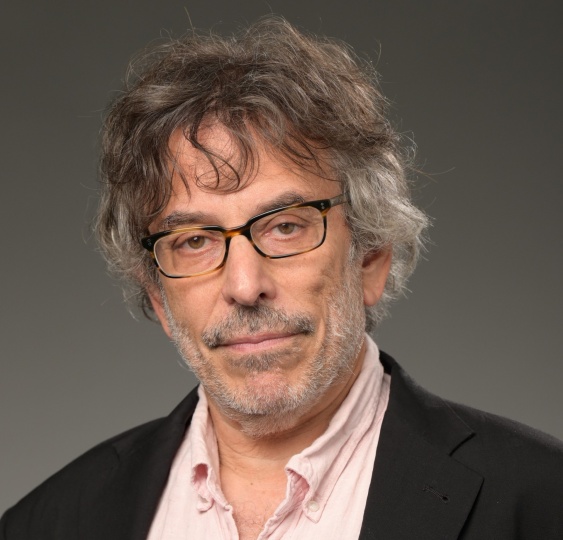
Bruce Shapiro is Executive Director of the Dart Center for Journalism and Trauma, a project of Columbia University Graduate School of Journalism encouraging innovative reporting on violence, conflict and tragedy worldwide. An award-winning reporter on human rights, criminal justice and politics, Shapiro is a contributing editor at The Nation and U.S. correspondent for Late Night Live on the Australian Broadcasting Corporation’s Radio National. He is Adjunct Professor and Senior Advisor for Academic Affairs at Columbia, where he teaches journalism ethics. His books include Shaking the Foundations: 200 Years of Investigative Journalism in America and Legal Lynching: The Death Penalty and America's Future. Shapiro is recipient of the International Society for Traumatic Stress Studies Public Advocacy Award for "outstanding and fundamental contributions to the social understanding of trauma." He is a founding board member of the Global Investigative Journalism Network.
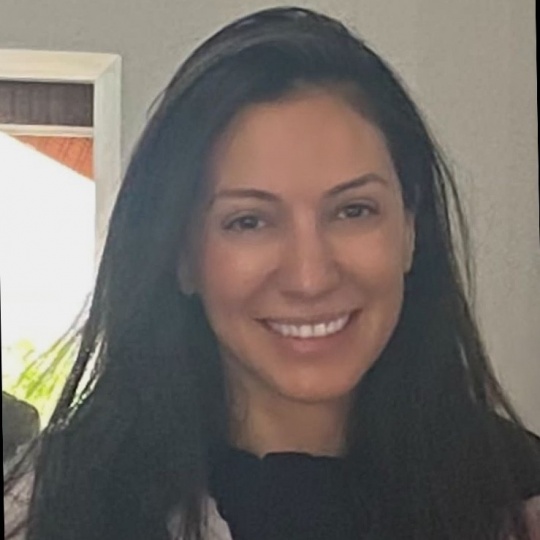
Her publications include: “Volunteering in the Arab World: bringing back people into politics” in Democracy and Security Volume 11, Issue 2; “Analysing State–Civil Society Associations Relationship: The Case of Lebanon” VOLUNTAS: International Journal of Voluntary and Nonprofit Organizations, 08/2017, Volume 28, Issue 4; "Building Capacity? Civil Society Education in Lebanon's Institutions of Higher Education" The Journal of Nonprofit Education and Leadership, Volume 5, Issue 4 and “Lebanese Civil Society and Civic Engagement: Factors of Success and Failure" in Civil Society Knowledge Centre, Lebanon Support.
Panelists:
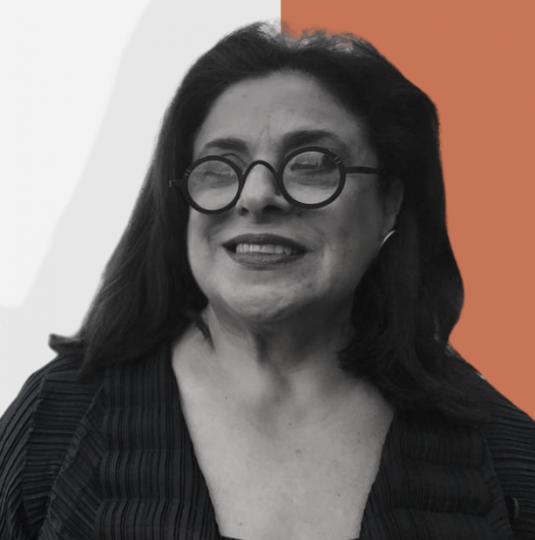
Nora Naaman Boustany is a Lebanese-American journalist and educator known for her coverage of the Middle East and human rights issues.
Boustany began freelancing for the Washington Post starting in 1979. She was hired on as staff in 1988 at a time when many foreign correspondents had left Beirut for fear of being kidnapped. At the Post, she covered Lebanon’s war, Desert Storm, and the upheavals and struggles in Gaza and Algeria from her location in Beirut. She was a correspondent in Algeria, Libya, Saudi Arabia, Yemen, Kuwait, Iraq and Iran.
She won the George Polk Award for Foreign Reporting in 1987 for her coverage of the plight of Palestinian refugees in Lebanon. In 1992, she received a Distinguished Service award from the University of Wisconsin at Madison's School of Journalism and Mass Communication.
She was a Writer-in-Residence Fellow for the year 2009-2010 at the Issam Fares Institute for Public Policy and International Affairs at the American University of Beirut. She currently teaches journalism at the American University of Beirut.

Janine Di Giovanni began her work many years ago when she was introduced to the late Human Rights Lawyer Felicia Langer in Jerusalem. At the time, Langer was one of the few Israeli Jewish lawyers defending Palestinians in military court. After following Langer for several months, Di Giovanni abandoned her academic life for a life of field work and writing. Witnessing the genocides in Bosnia and Rwanda set her on a track of working in some of the darkest corners of the world, exposing human rights abuse.
Di Giovanni is now an award-winning writer, as well as a human-rights and war-crimes educator and adviser. She is currently director of the Reckoning Project Ukraine, a USAID-sponsored transitional justice project she formerly ran in Iraq, Syria, and Yemen for the UN Democracy Fund.
Prior to that, she was a senior fellow at Yale University’s Jackson Institute for Global Affairs, teaching human rights. She is also a columnist at Foreign Policy and The National in Dubai and an award- winning author, journalist and war reporter.
